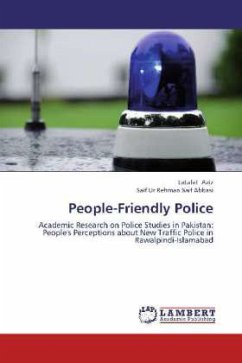How fairly do we behave, when we're interacting with our friends? And when with strangers? Behavioural economics is one of the numerous interesting areas of the social sciences. In the last two decades it got a rapidly increasing attention from economics, social psychology and sociology - given its interdisciplinary nature. This book contributes to the field of behavioural economics and sociology in multiple aspects. First of all, it presents an improvement to the current methodologies, which allows the investigation of interpersonal relations with the use of the experiments. Second, it investigates an interesting phenomenon: the relationship of fairness and interpersonal relations. Fairness is a topic which has been in the spotlight of research for the past three decades, but its relation to social ties could not have been investigated thoroughly yet. An analytical model is presented here as well, which contributes to the field of social network analysis in attempting to describe the strength of the ties. This work has successfully been defended on 17.04.2012 at Corvinus University Budapest, where its original version is available electronically.
Bitte wählen Sie Ihr Anliegen aus.
Rechnungen
Retourenschein anfordern
Bestellstatus
Storno








